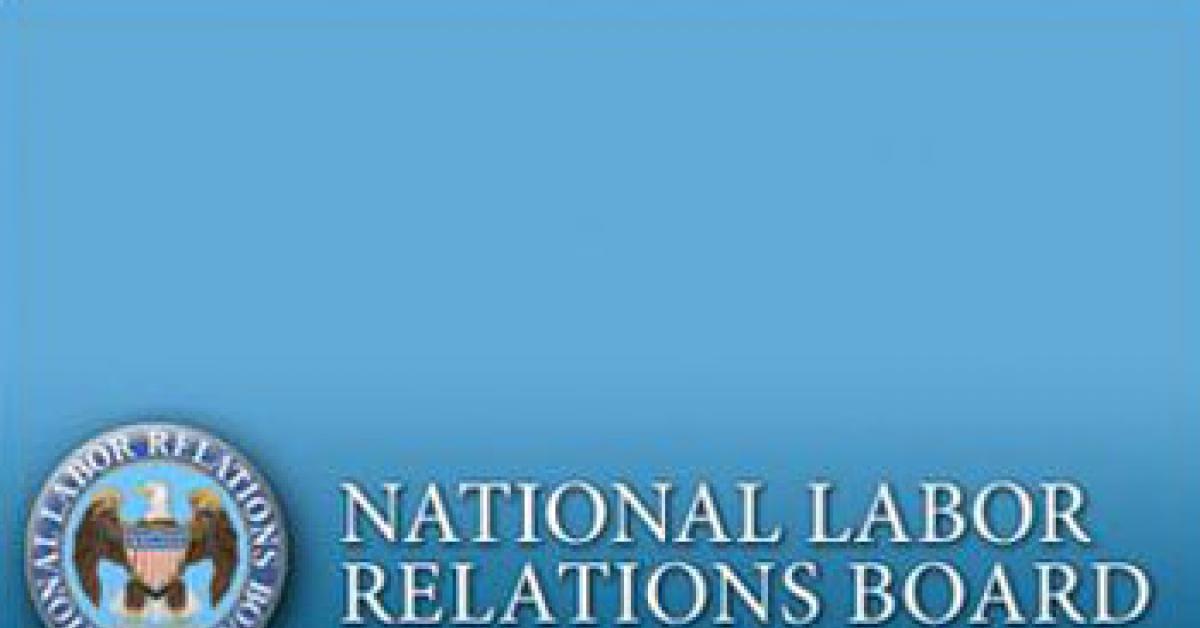CHICAGO — Executives of large drycleaning and laundry operations are awakening to an unfortunate fact: That although unions lost their battle in Congress for the Employee Free Choice Act—a.k.a. the “card-check” law—they may be winning the war to make organizing easier.
The Employee Free Choice Act would have allowed unions to organize employees just by obtaining “authorization cards” from a majority of a company’s workers without a secret-ballot election. While the House passed the EFCA, the bill ran into such stiff opposition in the Senate that “compromises” were offered, including quickie elections that would have been held five to 10 days after a petition was filed.
Businesses objected. Quick elections wouldn’t allow time for them to present their side of the case to employees, they said, which often includes the argument that the cost of negotiating labor contracts and work rules can hurt employers, and therefore, employees’ job security.
Since Becker’s appointment, the NLRB has taken a more pro-union stance. It is now revisiting a 2007 NLRB decision in a case involving employees of the Dana Corp., a Toledo-based manufacturer of automotive parts. If overturned, unions would be able to begin contract negotiations without waiting for any possible employee vote against organization, and the jobs of union organizers would become easier. The NLRB is also now proposing that employers be required to post notices informing employees of their right to unionize.
Drycleaning operators with a number of branches and at least one or two central plants should realize that the best way to avoid these hassles is to treat their employees so well that they don’t want a union in the first place. Executives understand that money is not the reason employees unionize. They want unions because they believe they aren’t being treated fairly, openly and honestly by their bosses.
Many drycleaning executives are shocked when they receive a letter from the NLRB saying that a union has filed an election petition for their workers. (See “Will A Union Knock on Your Door?” American Drycleaner, March 2007). They have missed the signals that could indicate workers are not happy, and they have not pursued an expert assessment of employee sentiment.
The first step to avoiding such an unpleasant surprise is to test the temperature on the plant floor. You can’t do this with the simple paper-and-pencil Employee Audits that many attorneys recommend. Those surveys rarely uncover the nuances of employee thinking, especially foreign-born ones with different heritages and cultural cues. (See “How To Manage Hispanic Employees Better,” American Drycleaner, May 2004)
The best way to understand employee attitudes is with face-to-face interviews performed by outside interviewers. Workers will speak more openly to an outsider since they will have less fear of retribution. Also, the ability to discern what employees actually mean by what they say is critical, takes experience and requires knowledge of industry practices.
The next step is to make the necessary changes to business operations to eliminate whatever irritants to employee morale exist. This often requires training tailored to specific problems.
The Great Recession has affected virtually every drycleaning plant in the country. Since consumers are watching their pocketbooks more than ever, only the most efficient operators with the best quality service, productivity and lowest costs will survive. This demands motivated employees who are eager to serve a finicky public.Click here to read Part 1 of this story.
Have a question or comment? E-mail our editor Dave Davis at [email protected].
